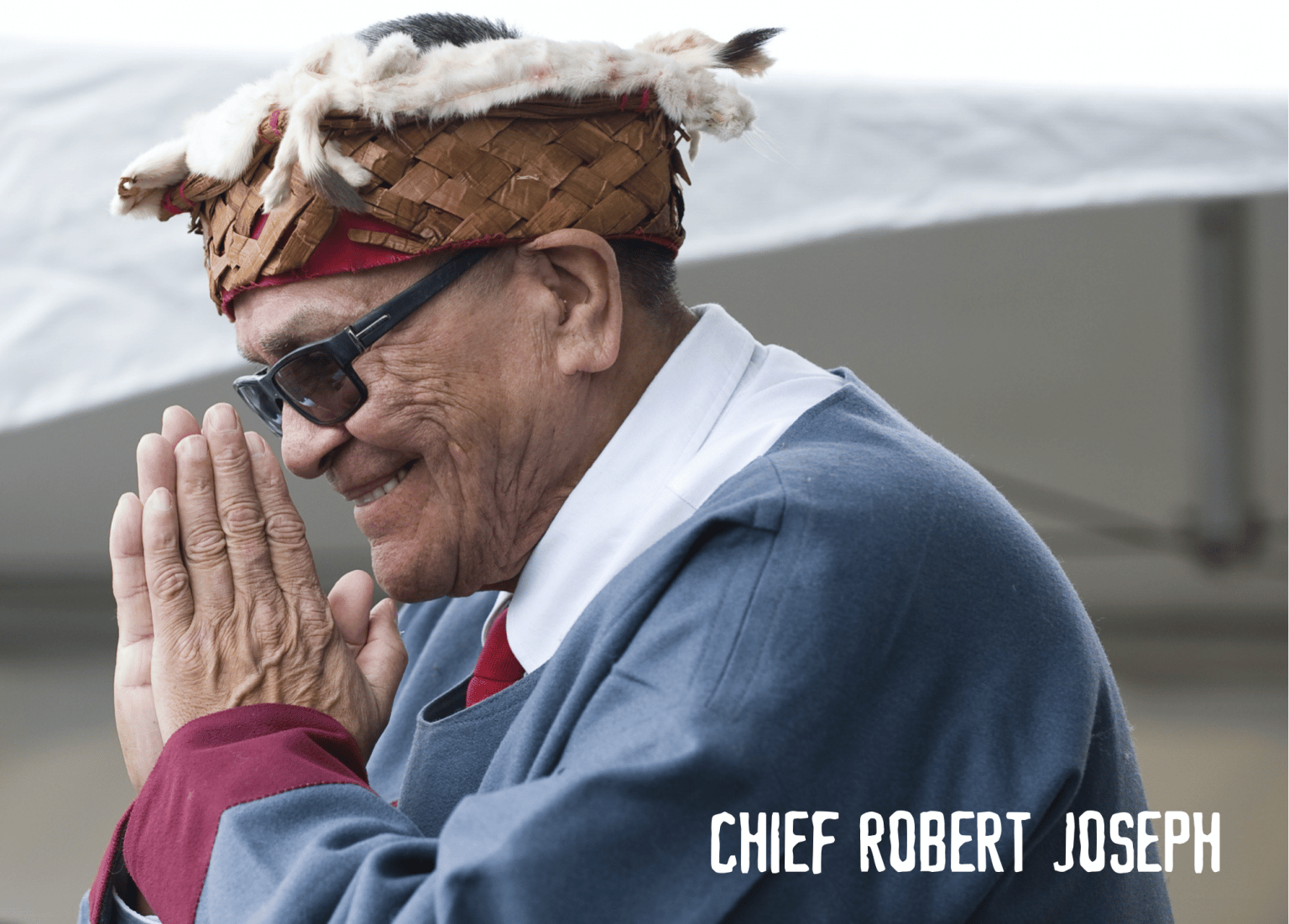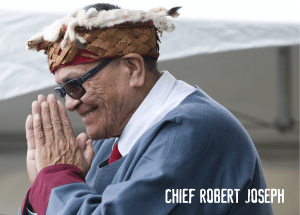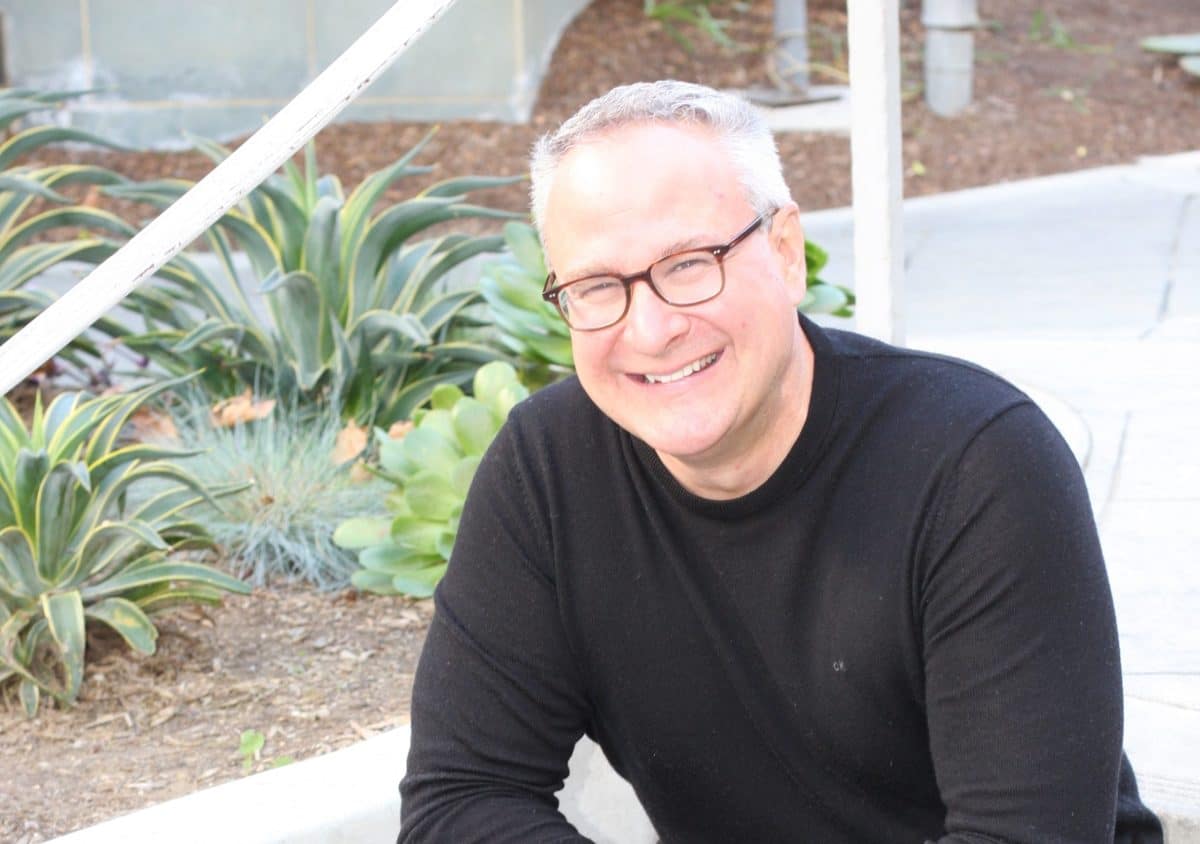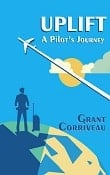Reconciliation and Other Challenging “R” Words – Grant Corriveau
“If I had not forgiven I would have died.”
— Residential School survivor
The Atlantic magazine published an article last spring (March 2019) titled “Death by Civilization” to mark the occasion of the two hundredth anniversary of The Civilization Fund Act in the United States. In it, author Mary Annette Pember writes:
- “My mother died while surviving civilization. Although she outlived a traumatic childhood immersed in its teachings, she carried the pain of those lessons for her entire life…. Two hundred years ago, on March 3, 1819, the Civilization Fund Act ushered in an era of assimilationist policies, leading to the Indian boarding-school era, which lasted from 1860 to 1978. The act directly spurred the creation of the schools by putting forward the notion that Native culture and language were to blame for what was deemed the country’s ‘Indian problem.’”
Canada’s Residential School System was a parallel attempt at the assimilation (some would say annihilation or cultural genocide) of the indigenous peoples in my own country. A recent Canadian musical stage production called “Children of God” tells some of the stories from survivors of these schools. In an interview by CBC radio, the musical play’s creator, Corey Payette, recounts how at one point he realized he needed to change the way he was thinking about his play:
- “Payette recalled an especially significant encounter sitting on the back of a pickup truck with a man from Williams Lake who talked about the importance of forgiveness.
- “What he said to me was that if he had not forgiven and gone through a lifelong process of healing, that he would have died… Because you can’t survive it. So he said to me ‘I hope that you’re not just going to make [Children of God] about the traumas that happened and also include what the big picture looked like and what it would take to heal from this.”
While it is a story about the struggles of one Oji-Cree family, the show carries a larger message of resilience and redemption for all of those who lived through the residential school system.”
CHILDREN OF GOD Trailer:
Author and Editor and Pastor, Brad Jersak, is well-known to PT readers. He wrote some prophetic words just a few years ago: “Never is the importance of story-telling so apparent as in Aboriginal contexts.” Brad was describing his experience as part of a healing and reconciliation workshop with some local First Nations leaders. He goes on to say: “Having been forced by intimidation, punishment, shaming, or the disbelief of authorities to repress the past in denial, the opportunity to be honest, vocal and emotional about the old secrets is in itself a doorway to healing.” (“Bury the Hatchet” CWRm April 2019)
For those of us who live within the “settlers-colonizers” side of the story, we have our own issues to deal with. There are so many other challenging “R” words like: Realization; Recognition; Regret; Restitution; Repentance. Reconciliation is a huge topic and forgiveness is only one aspect.
Brad’s article is well worth reading, especially for the later section where he details some aspects of forgiveness. What it is – and even more importantly, what it is not. And when the COVID 19 situation finally passes, as it will eventually, I will be heading straight to the closest theater where I can see a production of Children of God and ponder the words from Matthew 5:9, “Blessed are the peacemakers for they shall be called the children of God.”
——-
Grant Corriveau is the author of the CWR press book, Uplift – A Pilot’s Journey and his self-published title, Airline Pilot – A Day in the Life











 Plain Truth Ministries | Box 300 | Pasadena, CA 91129-0300
Plain Truth Ministries | Box 300 | Pasadena, CA 91129-0300

